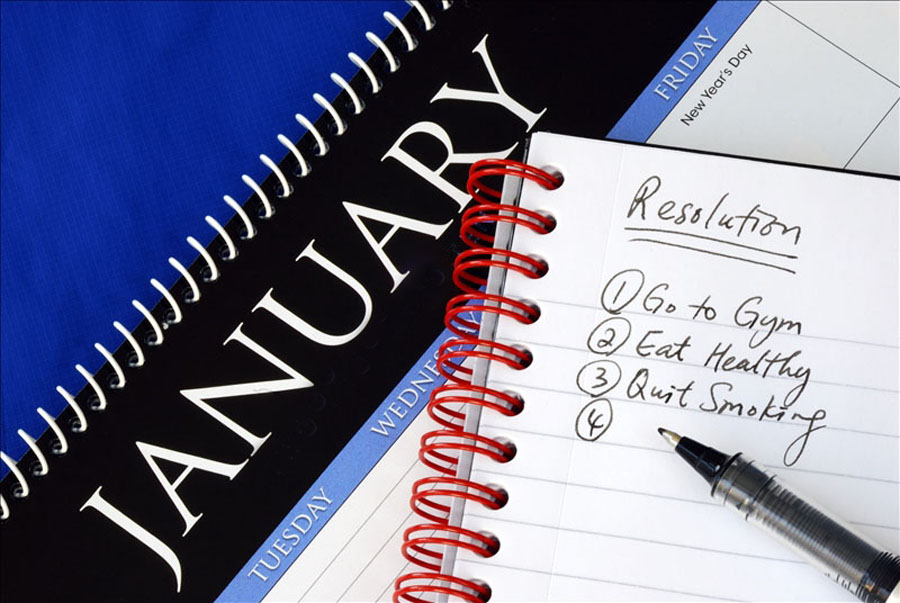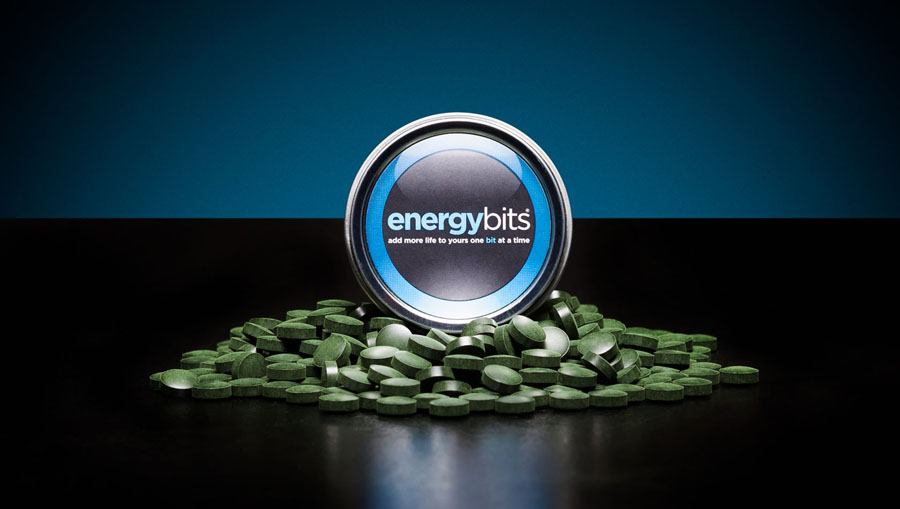In January, we’re overloaded with so many weight loss messages, that even the most confident of us can feel under pressure to lose weight…And those of us who may not even need to lose a few pounds, question if they should be trying to or not. So a lot of us end up logging into our Amazon accounts and buying a brand new set of scales to keep ourselves on track or dusting off the old scales and putting them to good use again. However, being healthy is ultimately about feeling healthy – and has very little to with the number on the scale. Discover a better way to measure your health by assessing your energy levels, sleep, mood, and overall skin appearance.

Don’t get me wrong, I’m not saying the scales don’t have their place – they do, especially if you’re tracking your weight-loss progress. However, spending too much time focusing on the number can discourage you. Often times when you think you’ve dropped weight after a strict diet and sticking to your exercise plan, you discover you haven’t lost as much as you thought you have or you don’t see the number you were hoping to see (which can be for many different reasons by the way!)
So if you dread stepping on the scale, instead of getting disheartened by what you weigh, why not resolve to monitor your health and fitness in a more positive light during 2019? Here are a few ways you can track your progress after putting those bathroom scales to the side – I use these ways to measure my health, too, and I’ve never felt better!
Let’s start with the most noticeable one – your energy levels. Taking note of whether you feel sluggish or full of energy and vitality can be a good indicator of your overall health.
Chances are if you’re eating healthy, drinking plenty of water, and exercising daily, you’ll be feeling the benefits. You’ll feel more alert, have a better night’s sleep, and won’t feel that ‘afternoon slump’ so many of us suffer from.
If sluggishness is a problem for you, then be sure to avoid afternoon caffeine, sugar, and/or stimulants. Instead, you may find that a paleo and keto friendly afternoon low calorie snack can help lift you through the rest of the day. The goal should always be to eat natural focusing on low calorie nutrient dense foods.
My favorite way to add greens and protein in general are supplements called ENERGYbits® and RECOVERYbits®. They are made from organically grown NON GMO spirulina algae or chlorella algae. Spirulina algae (found in the ENERGYbits®) have a high concentration of plant-based protein (64%). It also contains 40 vitamins and minerals including iron, nitric oxide, Omega-3, and all of the B vitamins. The natural B vitamins and nitric oxide are an excellent energy boost and works well as a pre-workout supplement. Chlorella (the primary ingredient in RECOVERYbits®) is high in protein. It also has detoxing properties and an impressive micronutrient profile.

Because of their overall nutritional profile I now consider spirulina and chlorella algae a top rehabilitation and recovery supplement. I recommend taking 30-45 of these small tablets per serving. One typically swallows them whole, but you can chew them.
In full disclosure, I am now an affiliate for ENERGYbits®. I signed up primarily to get the same 20% discount I can offer you. You can only purchase them online, so when you check out, just enter discount code PTAdvisor for 20% off all products.
Next, let’s talk about sleep. We spend close to a third of our lives doing it, and when we get enough of it – we feel great! It’s a fact that we need sleep for our physical, mental, and emotional health. The number of hours you sleep is important, but the quality of sleep is just as important. One needs a good ratio of deep sleep to light sleep in order to optimize health.
If you’re unable to get a good night’s sleep, it could be a sign that you’re not experiencing peak health and fitness. Cutting down on alcohol and stimulants (like cigarettes and caffeine) before bed should help you drift off easier as well as making time for other healthy habits before you switch the lights off.
On average, we need six to eight hours of sleep each day. The harder you train, the more rest you need to insure proper recovery. If you’re exercising a lot and potentially approaching a state of overtraining, sleep quality tends to decline. Consider napping daily. Many of the country’s top collegiate athletic centers are adding special napping or quiet rooms to their large training centers as more and more trainers realize sleep is critical for recovery.
Recovery from severe injury as well as hard and prolonged training can deplete one’s body of much needed minerals and macro nutrients. Most of us are deficient in the amount of magnesium we consume on a regular basis. Magnesium is a critical nutrient that not only helps to reduce muscle soreness, but also helps you to get a better night of rest. I choose to take a magnesium supplement nightly before bed. Mag Glycinate in its oral form is the most highly absorbable. Otherwise, eat foods, such as spinach, artichokes, and dates, which are higher in magnesium. (Please speak with your physician before starting any new supplementation protocol.)
How we start our day, is just as important as how we end it. What about mood? Your mood is closely linked to healthy eating and fueling your body.
If you’re in a good mood, that’s great! It can be a reflection of good health. On the other hand, if you’re feeling a little low or you’ve got a short fuse, this can be a sign that it’s time to make some lifestyle changes.
Losing your temper can happen when your blood sugar is low, so eating balanced meals is the key. Again, I have found that algae can be an easy low calorie way to insure adequate protein which can help stabilize blood sugar levels. On average, try to eat less processed foods and simple carbohydrates. This will improve blood sugar regulation which often times can improve your mood. Proper blood sugar regulation is also critical to healthy aging. Also, adding more exercise into your week can help as movement releases those feel-good chemicals.
How your skin looks can also be a good reflection of what’s going on inside your body – especially as it’s the biggest organ in the body. With hundreds of different skin problems, there’s multiple signs that your skin can indicate you’re not experiencing peak health. Two of the most common signs are paleness and itchy skin. So pay attention to how radiant (or not so radiant) your skin looks, and switch up your lifestyle habits if need be.
At the end of the day the most important question to ask yourself is: “What are your real goals?” What do you want? (Not what you’ve been told to want.)
The scales don’t measure how strong you’re becoming, how much better you feel, if you can walk the stairs without losing your breath or if you can play with your grandkids for hours. Don’t let the number on the scale rule your life and how you feel. Judge your progress by ‘health’ instead, and you’ll learn how to listen to your body and your efforts will pay off!
If you have a question that you would like featured in an upcoming blog post, please comment below or submit your question to contact@thePhysicalTherapyAdvisor.com. In case you haven’t already, be sure to subscribe to my e-mail list and join our community on Facebook by liking The Physical Therapy Advisor!
